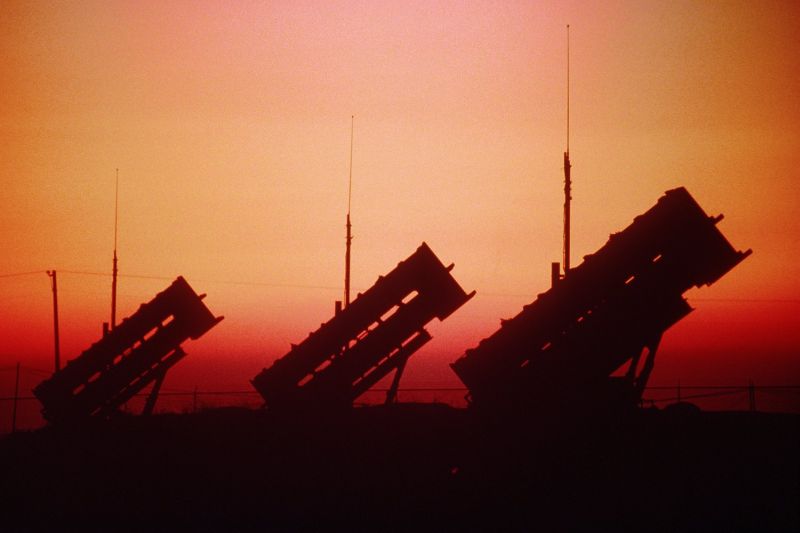Even if NATO foreign ministers approve Turkey’s request to deploy Patriot missiles on the border with Syria as expected, it will still take some weeks to get them in place, a top US official said Monday.
The United States was “hopeful that NATO will be in a position to respond positively and agree to help Turkey bolster its air defences,” a senior State Department official said.
But he told reporters travelling with US Secretary of State Hillary Clinton that, even if NATO foreign ministers give the green light at their talks in Brussels this week, “it wouldn’t be an absolutely immediate deployment.”
“If NATO takes a positive decision to do it… I think it would still probably be at least a matter of weeks,” the official said, asking to remain anonymous, as Clinton arrived in the Czech Republic on the first stop of a five-day Europe trip.
The missiles, made by the US giant Lockheed Martin, would likely be supplied by Germany, The Netherlands or the United States.
A site survey being carried out along with German and Dutch experts still needs to be completed, the US official said.
“NATO might agree to do this but any contributions of Patriot missiles would be national decisions by the countries that are providing them. It hasn’t happened yet, and it’s not likely to happen by Tuesday,” the US official said.
He stressed the NATO talks in Brussels on Tuesday and Wednesday, due to be attended by Clinton, may approve the deployment but “what I wouldn’t expect is a very concrete outcome on details like numbers, and sites.”
“The site survey needs to do its work before we’ll be in a position to say exactly how many Patriots or where they might go, and for how long.”
Logistically it would also take time to deploy the batteries and install them.
Military sources in Turkey have said NATO is considering the deployment of up to six Patriot batteries, with some 300-400 foreign troops to operate them.
The official also ruled out the notion that deploying the defensive missiles would lead to a de-facto safe haven for rebels and refugees along Turkey’s border with Syria.
And he said the issue of whether to set up a no-fly zone to help the opposition seeking to topple Syrian President Bashar al-Assad was not “on the agenda for any NATO talks this week.”










